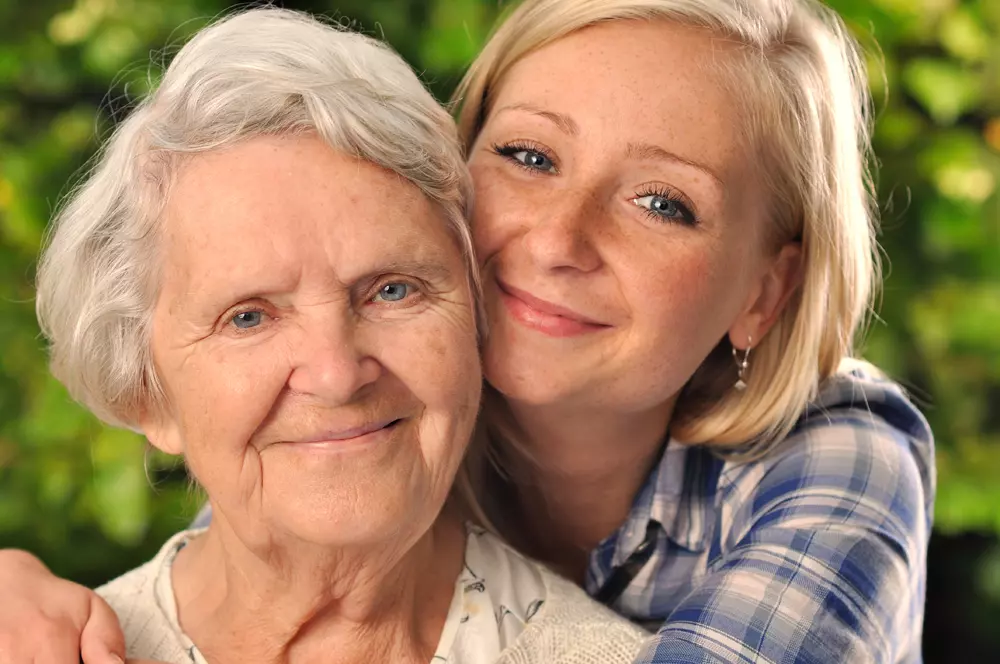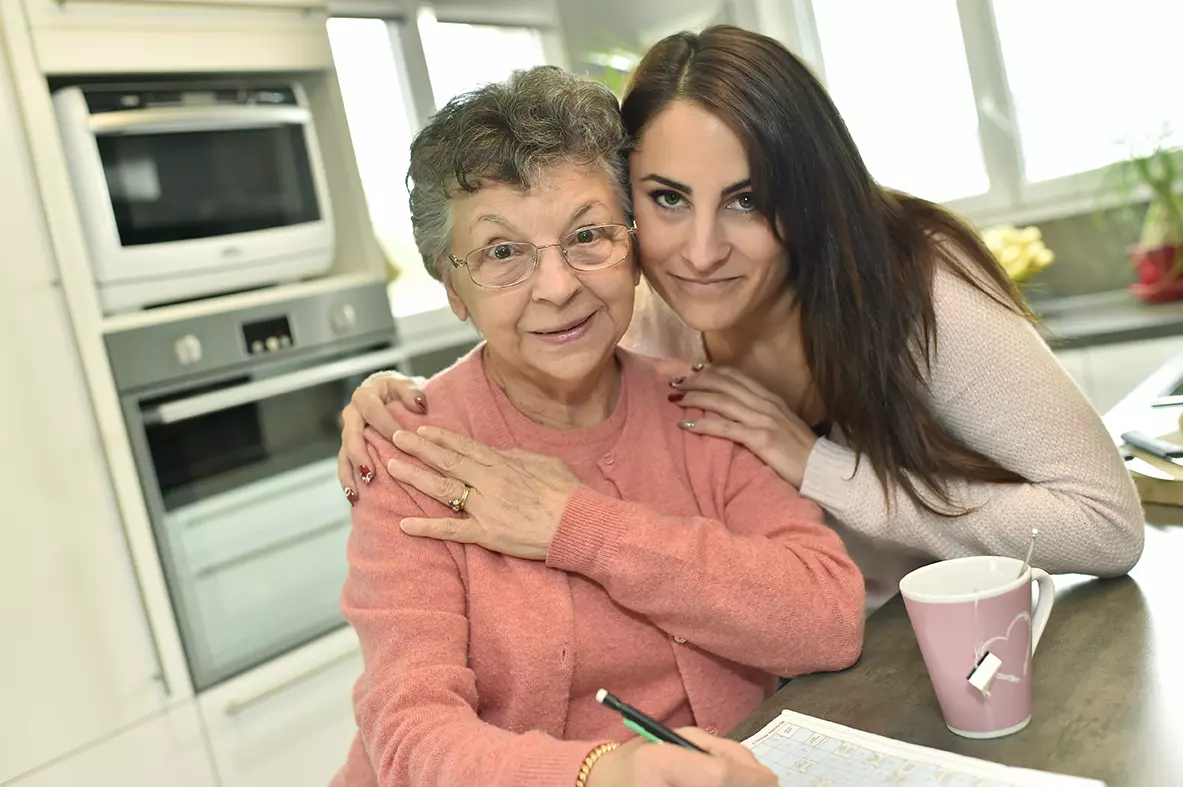
Among the various domestic accidents that pose a threat to the health and independence of elderly individuals, falls represent a significant danger in their daily lives. Falls can have multiple causes, and it's essential to be aware of them to minimize the risk and find solutions to secure the living environment of our seniors. Let's explore the primary factors that can trigger falls in older adults and the preventive measures available.
The consequences of falls in the elderly:
Even a minor fall can have severe consequences in the life of an elderly person. While fractures can be treated, the period of immobilization, or the need for a hospital stay, can lead to a subsequent loss of independence. As people age, it becomes increasingly challenging to regain full mobility, and many seniors become more dependent after experiencing a fall. Therefore, fall prevention remains the best way to preserve the autonomy of older individuals. To achieve this, it's crucial to examine the risk factors that can contribute to falls.
Risk factors for falls in the elderly: What are the main causes?
Balance disorders:
- Older individuals may be more susceptible to balance disorders, often experiencing dizziness when transitioning from sitting to standing or even during walking.
- Causes of balance disorders can include visual difficulties, eye fatigue, inner ear problems, neurological diseases like Alzheimer's, Parkinson's, or multiple sclerosis, orthostatic hypotension (a drop in blood pressure upon standing), and the use of certain medications.
Medications that increase fall risk:
- Several types of medications are known to exacerbate balance issues and, consequently, the risk of falling.
- These medications include some painkillers, drugs for incontinence, and antiepileptic medications, which often have sedative effects affecting memory and motor skills.
- Some antibiotics and cytotoxic drugs used in cancer treatment can cause dizziness leading to loss of balance.
- Various medications for different conditions, such as antimalarials or antiarrhythmics, may contribute to heart rhythm disturbances or muscle weakness.
Osteoporosis and bone fragility:
- Osteoporosis is responsible for nearly 400,000 fractures annually in France and is often a leading cause of falls among the elderly.
- The World Health Organization defines osteoporosis as a disease characterized by low bone density and alterations in bone microarchitecture, resulting in excessive bone fragility and a high risk of fractures.
- However, osteoporosis is not inevitable, and its progression can be halted or even reversed by adopting the right practices.
- Prevention plays a crucial role, including tailored physical exercises, an intake of essential vitamins and minerals for bone health, reducing chronic inflammation, and maintaining a sense of balance.
- Quality and quantity of sleep are also vital factors in preventing osteoporosis, as they affect overall health.
Preventive Measures for Reducing Fall Risk in the Elderly
| Prevention Strategy | Description | Impact on Fall Risk |
|---|---|---|
| Physical Exercise | Regular strength training, balance exercises, and flexibility training to improve muscle tone and coordination. | Improves balance and coordination, reducing the risk of falls due to muscle weakness or instability. |
| Medication Review | Consultation with a healthcare provider to adjust or change medications that may contribute to fall risk. | Reduces the sedative effects and dizziness caused by certain medications, lowering fall risk. |
| Home Modifications | Install grab bars, non-slip flooring, improve lighting, and remove clutter to reduce hazards. | Creates a safer environment by eliminating potential trip hazards and improving stability in the home. |
| Vision Correction | Regular eye exams and corrective measures, such as glasses or cataract surgery. | Improves visual clarity, depth perception, and reaction time, reducing the risk of misjudging distances. |
| Bone Health Management | Vitamin D and calcium supplements, weight-bearing exercises, and medication to manage osteoporosis. | Strengthens bones, reducing the likelihood of fractures if a fall occurs and improving overall bone health. |
Falls among the elderly represent a significant public health concern. The government's decision to take action through the anti-fall plan is commendable, but we all play a crucial role in raising awareness and adopting preventive measures.
Whether for ourselves or our loved ones, participating in information campaigns, remaining vigilant, and implementing safety measures in the living environment can help reduce the risk of falls and enhance the quality of life for older individuals, whether they live at home or in care facilities.
FAQ:
What are the main causes of falls in elderly individuals?
Falls can result from balance disorders, medication side effects, osteoporosis, environmental hazards, and vision impairments.
How can physical exercise prevent falls in seniors?
Balance exercises, strength training, and flexibility exercises improve coordination and muscle strength, reducing the risk of falls.
Which medications contribute to an increased risk of falls?
Medications like painkillers, sedatives, antidepressants, and diuretics can lead to dizziness, confusion, and impaired coordination, increasing fall risk.
How can osteoporosis affect fall risk?
Osteoporosis causes weakened bones, making individuals more susceptible to fractures when falling.
What home modifications can prevent falls?
Installing grab bars, ensuring proper lighting, using non-slip rugs, and removing clutter can reduce the risk of falling at home.
How often should seniors have a medication review?
Seniors should have regular medication reviews with their healthcare provider, especially if they are taking medications that can affect balance or cause dizziness.
How does vision correction help prevent falls?
Correcting vision issues improves depth perception, balance, and reaction time, reducing the risk of misjudging distances and falling.
What role does bone health play in preventing falls?
Maintaining strong bones through exercise and supplements reduces the likelihood of serious injury from a fall and improves balance and mobility.
For assistance in finding a care home or facility best suited to your needs, contact Senior Home Plus at 0230 608 0055 or fill out our online form.
Do you need a care home for yourself or your loved one?
Share this article :
Latest posts
You are looking for an establishment for your loved one ?
Get availability & prices
Fill in this form and receive
all the essential information
We would like to inform you of the existence of the opposition list for telephone canvassing.











